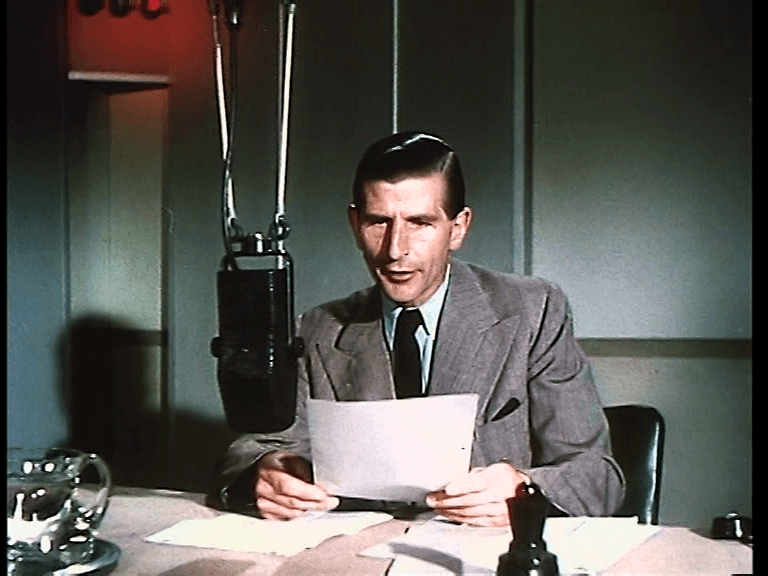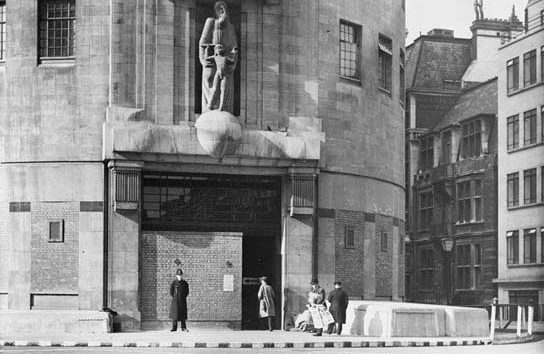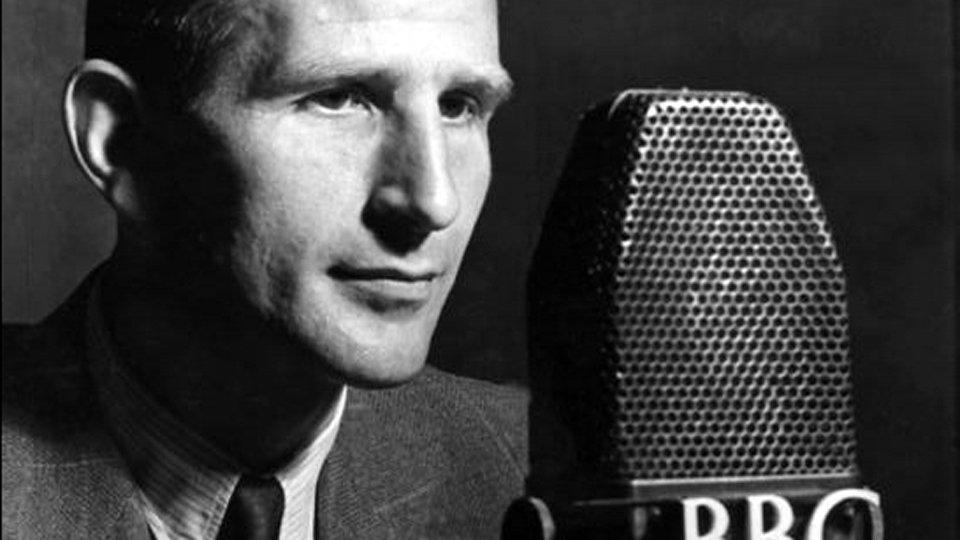Alvar Lidell Reading the News
11 February 2018



 History,Short Factual Stories
History,Short Factual Stories

Alvar Lidell
During the Second World War his distinctive voice became synonymous with the BBC News.
During the Second World War, the BBC, for the first time in its history, found itself needing to build a team of newsreaders who would be both liked and recognised by the British public.
This team was headed by John Snagge (whose job made him more an administrator than broadcaster) and his deputy was Alvar Liddell who, arguably, became the most recognisable voice on British radio during the War. The rest of the team included Bruce Belfrage, Stuart Hibberd, Frank Phillips and Wilfred Pickles. All were quickly transformed by the war from anonymous voices into household names.
As the Deputy Chief Announcer at the BBC, it fell to Alvar Lidell to make some of the great announcements of the period starting with the abdication of Edward VIII on the11th December 1936.
Listen here to Alvar Lidell announcing the Abdication of King Edward VIII in 1936
Please note: there is quite a long pause (10 seconds) at the beginning of this clip
Then as the tension mounted with Germany’s invasion of Poland on the 1st September 1939, it was Alvar Lidell who delivered the news to the British people. Two days later it was again Lidell who introduced Neville Chamberlain on the radio, putting the Prime Minister On-Air and sitting with him in 10 Downing Street while he made the momentous announcement that Britain was now at war with Germany.
Alvar Lidell announcing on BBC Radio that Germany had invaded Poland – 1st September 1939
At this time BBC Announcers and Newsreaders were still anonymous
With the arrival of war, normal everyday life in Britain had to be put on hold and a string of new administrative arrangements made including general mobilisation, air-raid precautions (the blackout), rationing and the evacuation of children from inner city areas.
Much of this type of information was brought to the British people in a calm and clear manner by Alvar Lidell.
Alvar Lidell reports on the Evacuation of Children (September 1939)
On the 10th May 1940 Germany invaded Luxembourg. The complete capture of Luxembourg took them less than 24 hours and amongst the prizes gained was the international radio station, Radio Luxembourg which was much listened to by people in Britain.
Although the Luxembourg government had already closed the radio station down at the beginning of the war in an attempt to protect the neutrality of the country, the station and its transmitters were taken over by the invading German forces. These were to be used for English-language propaganda broadcasts by William Joyce (Lord Haw-Haw) and others.
Here is the News, and this is Alvar Lidell reading it
This became an inadvertent catchphrase in Britain during the Second World War.
Consequently that summer, the BBC brought an end to the their tradition of having nameless announcers and newsreaders. They realised that, as a national service in a time of war, listeners “must be able to recognise instantly the authentic voice of BBC broadcasting“.
It was on the lunchtime news on 13th July 1940 that Frank Phillips became the first reader to identify himself. But concern continued that, named or not, the newsreaders all sounded the same and that this might make it easy for the Germans to imitate them.
So in 1941 to the BBC added Wilfred Pickles to the news-reading team. He was a Yorkshireman who had a discernible British regional accent and was the first such broadcaster to be employed by the BBC on a national station.
Listen to Alvar Lidell reading the Midnight News during a vital stage of the Battle of Britain (1940)
This includes report by Robert Duff from Dover
Throughout the War (other than for a short period when he worked with the RAF at Bletchely Park), Alvar Lidell continued to bring many of the big developing stories of the day like the Japanese attack on Pearl Harbour.
Alvar Lidell brings the News about the Japanese attack on Pearl Harbour (1941)
Alvar Lidell remained with the BBC until the end of the 1960’s as an Announcer, a Newsreader, a Narrator of books and as a TV Presenter. But he will always be best remembered as the Voice of the News during the Second World War.




Leave a Comment
You must be logged in to post a comment.